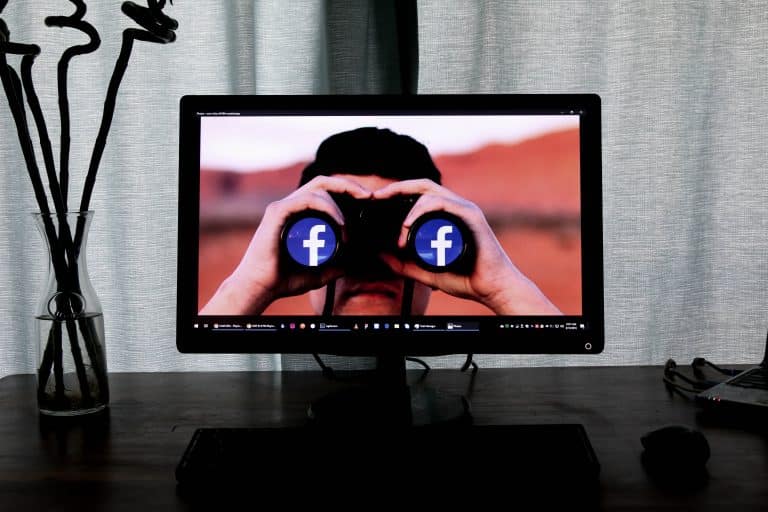To commit software piracy, you must first get permission from the software’s owner before using, copying, or distributing it in any way.
As a result, software developers who built their applications with the express purpose of selling them have their intellectual property rights infringed upon.
When you use a program without purchasing a license, you are engaging in software piracy. As a result, you don’t have to pay the developer to utilize a pirated version of a program you find online.
A developer may get someone else’s code and pass it off as something he produced himself by copying and pasting, which is another kind of software piracy. If he sells the application that he didn’t create, the situation will worsen.
Pirated software is prohibited since it amounts to the theft of another person’s property. It’s not easy to design a program, and it hurts when someone else receives credit for your effort or worse, makes money off of it.
Piracy of software attracts people for some reason.
You might be surprised to learn that software piracy is not just motivated by the desire to save money. Another consideration is the significance of a program.
Is There Any Way to Detect If Someone Is Copying Your Software?
It’s really not that difficult to figure out. Piracy occurs when someone uses another person’s software, even if they haven’t paid for it. This is true even if the software is open source (meaning anybody may use it at any time) or if the developer has given it to you personally.
The end-user licensing agreement is an excellent resource (EULA). Software piracy would be considered going against anything in the program since it would be considered unlawful usage of a program.
Software piracy: Typical Piracy Behavior and its types
The types of software piracy include softlifting, abuse of clients and servers, hard disc loading, counterfeiting, and internet piracy. We picked the three most frequent and demonstrated how to accomplish them.
Softlifting
Softlifting is more common in businesses. A company buys a single copy of a program and uses it on numerous computers despite the fact that the licensing only allows for one person to use it.
Counterfeiting
Forgery can be charged if someone copies another’s software and sells it as their own or as a significantly cheaper version of the original.
Online Piracy
When it comes to online or internet piracy, P2P file-sharing services are frequently the source. To sell unauthorized software online or via the Internet is known as piracy. Free download blogs and online auction sites are also guilty of this offense.
How to Prevent the Distribution of Pirated Software
Software piracy may be thwarted by everyone from individuals to corporations to developers. Listed below are a few suggestions:
EULAs are your buddies if you’re an individual. It’s imperative that you read and comprehend these terms and conditions completely before using the program you just purchased in an unlawful manner. If you have any reason to believe that the program you have downloaded is fake, you can ask the purported developer to investigate and file a police report.
On the other hand, companies must rigorously limit the number of software users allowed per EULA license agreement. They need to make sure that all of their workers are following the licensing agreement’s guidelines and using the program as intended. Making them sign an anti-piracy agreement may be a smart approach to make them at least think twice before installing the software on their own gadgets
Software developers stand to suffer the most from software pirates since they hold the intellectual property rights to their creations. Copyright, patents, EULAs, software product keys, obscuration, tamper-proofing, and watermarking are just a few of the important safety nets to set up.
Conclusion:
As previously stated, software piracy is a criminal offense. Individuals and businesses found to be in violation of the law may face fines of up to US$150,000. Having said that, when you include in the cost of the program as well as the penalty, going the legal route is clearly less expensive.

